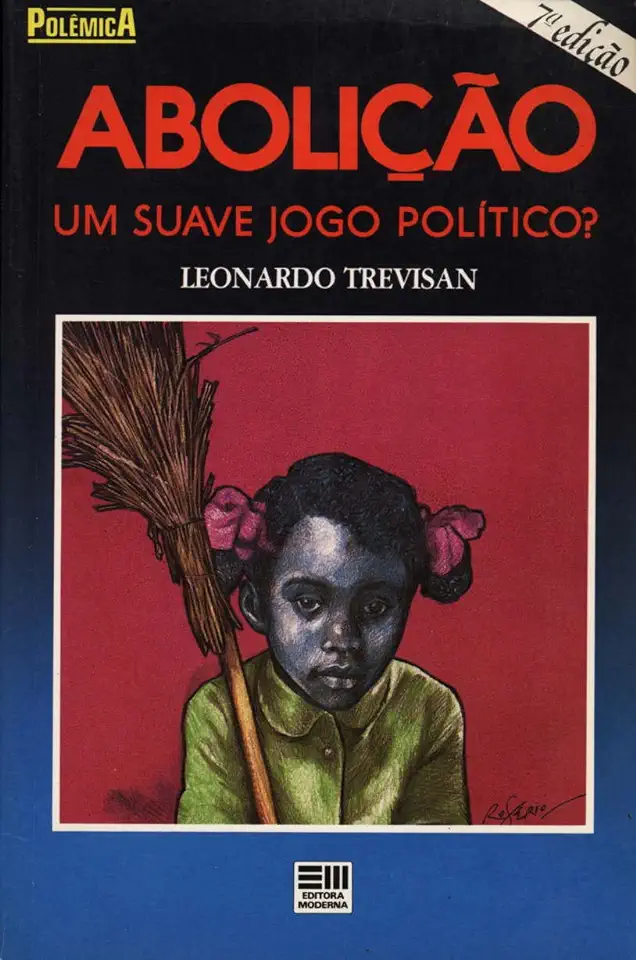
Abolition: A Gentle Political Game? - Leonardo Trevisan
Abolition: A Gentle Political Game? - Leonardo Trevisan
A Journey into the Heart of Abolitionism
In his groundbreaking book, "Abolition: A Gentle Political Game?", Leonardo Trevisan takes readers on a captivating journey into the heart of the abolitionist movement. With meticulous research and a compelling narrative style, Trevisan sheds new light on the complexities, triumphs, and challenges of the fight to end slavery.
Uncovering Hidden Truths
Trevisan masterfully weaves together historical accounts, personal anecdotes, and political analysis to reveal the lesser-known aspects of the abolitionist movement. He delves into the motivations of key figures, the strategies they employed, and the obstacles they faced in their quest for justice.
A Call to Action
More than a historical account, "Abolition: A Gentle Political Game?" serves as a powerful call to action. Trevisan argues that the abolitionist movement is not merely a relic of the past but a source of inspiration for contemporary social justice movements. He urges readers to reflect on the lessons learned from the abolitionist struggle and apply them to the fight against modern-day forms of oppression.
Key Themes:
The Power of Collective Action: Trevisan highlights the importance of collective action in achieving social change. He demonstrates how the abolitionist movement was driven by a diverse coalition of individuals, including former slaves, religious leaders, politicians, and ordinary citizens, who came together to fight for a common cause.
Moral Imperative vs. Political Pragmatism: Trevisan explores the tension between moral imperatives and political pragmatism in the abolitionist movement. He argues that while the abolitionists were driven by a deep moral conviction to end slavery, they also had to navigate the complex political landscape of their time.
The Role of Education and Advocacy: Trevisan emphasizes the crucial role of education and advocacy in the abolitionist movement. He shows how abolitionists used various forms of media, such as newspapers, pamphlets, and public speaking, to raise awareness about the horrors of slavery and mobilize public support for abolition.
The Legacy of Abolitionism: Trevisan concludes by reflecting on the legacy of the abolitionist movement and its relevance to contemporary social justice movements. He argues that the lessons learned from the abolitionist struggle can inspire and guide activists working to address issues such as racial inequality, gender discrimination, and economic injustice.
Why You Should Read This Book:
A Riveting Narrative: Trevisan's engaging writing style and masterful storytelling make "Abolition: A Gentle Political Game?" a captivating read from start to finish.
Historical Insights: The book offers a wealth of historical insights into the abolitionist movement, shedding light on lesser-known aspects and challenging conventional narratives.
Inspiration for Social Justice: Trevisan's analysis of the abolitionist movement provides valuable lessons and inspiration for contemporary social justice movements, empowering readers to fight for a more just and equitable world.
Conclusion:
"Abolition: A Gentle Political Game?" is a must-read for anyone interested in history, social justice, and the power of collective action. Leonardo Trevisan's thought-provoking exploration of the abolitionist movement is a reminder that the fight for justice is an ongoing struggle that requires courage, determination, and unwavering commitment.
Enjoyed the summary? Discover all the details and take your reading to the next level — [click here to view the book on Amazon!]